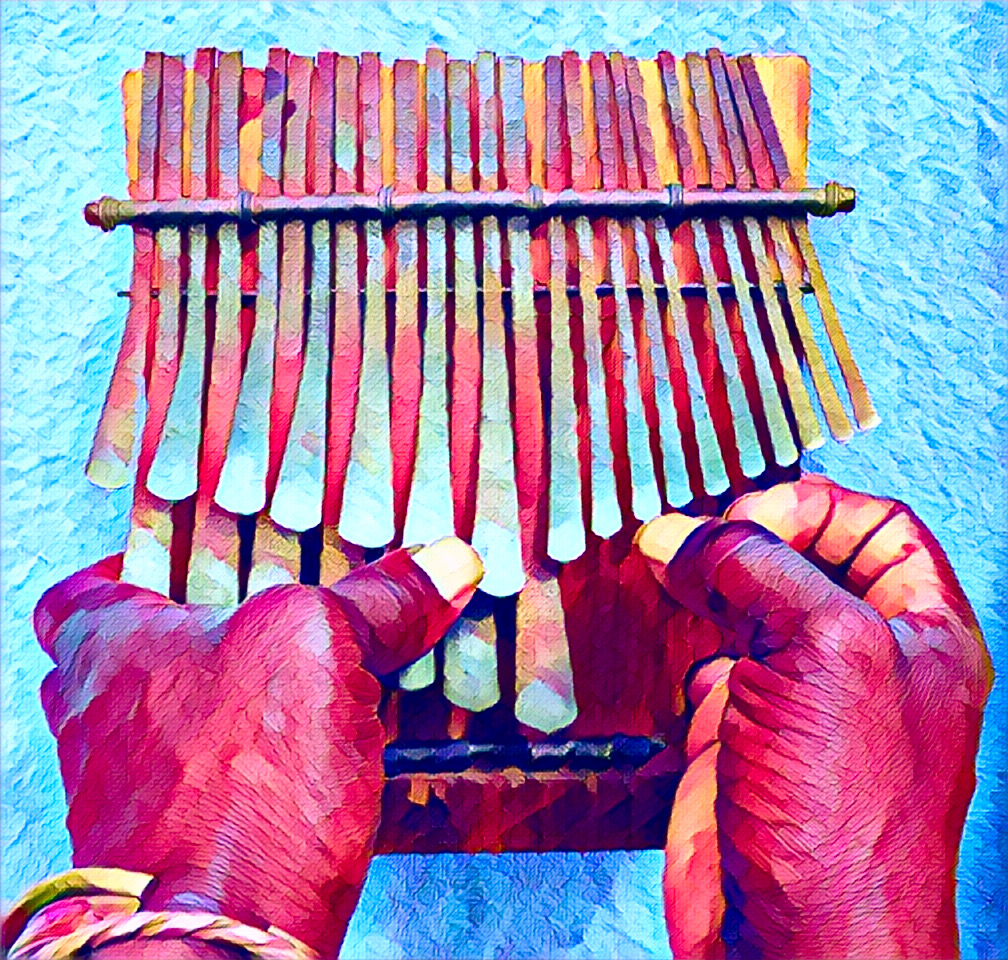KEY POINTS
- Mbira music connects Zimbabweans deeply with their spiritual heritage.
- Mbira is central to Zimbabwe’s national identity and unity.
- Modern mbira preserves cultural pride amidst global influences.
Mbira music, characterized by its distinctive tones and profound spiritual significance, plays an important role in Zimbabwean culture.
The mbira, commonly referred to as a thumb piano, consists of metal keys affixed to a soundboard, generating a unique, resonant sound essential to Shona’s spiritual and social customs.
Mbira music has progressively evolved, integrating into both traditional and contemporary Zimbabwean culture. Let’s examine how mbira music preserves Zimbabwean identity, strengthens community connections, and adapts to a swiftly globalizing environment.
Origins and spiritual significance of Mbira music
Mbira music is deeply embedded in Zimbabwean tradition, particularly among the Shona people, where it has functioned as a medium for communication with ancestral spirits for over a millennium.
In Paul F. Berliner’s The Soul of Mbira, he explains the instrument’s important role in Bira rites, which are assemblies convened to solicit guidance from ancestors. During these events, the mbira’s music is believed to transcend the physical plane, invoking spirits to provide guidance and benefits to the community.
This practice highlights the mbira’s significance not merely as an instrument but as a medium linking generations of Shona people to their ancestry and spirituality.
Mbira as cultural identity and nationalism
Mbira music emerged as a prominent symbol of cultural pride throughout the colonial era. The MBIRA Organization asserts that the mbira represented defiance against colonial oppression, as Zimbabweans employed it to preserve their cultural heritage despite external influences.
Following Zimbabwe’s independence, mbira music saw an upsurge in popularity and became a symbol of national identity and pride. This rebirth facilitated the restoration of Zimbabwean cultural practices and solidified the mbira as a significant symbol of Zimbabwe’s distinct identity.
Moyo Raimos Mutamba’s Music of Zimbabwe: The Mbira highlights how the music continually inspires Zimbabweans domestically and internationally, serving as a manifestation of resilience and unity in both traditional and contemporary contexts.
The social role and contemporary impact of the Mbira
Mbira music plays a significant social role in Zimbabwe, promoting unity and community involvement. Mbira performances are prevalent in both rural and urban environments at social gatherings, festivals, and celebrations, fostering communal engagement.
Hunter observes that the rhythmic frameworks of mbira music, characterized by call-and-response and overlapping melodies, provide rich sounds that encourage collective participation. The social dimension of mbira music has evolved into contemporary Zimbabwean music, integrating other genres including jazz, reggae, and pop, therefore rendering it accessible to younger generations and international audiences.
Currently, Zimbabwean musicians persist in integrating mbira sounds with modern genres, hence elevating the instrument’s cultural importance to an international audience. As a result, mbira music has evolved from its traditional origins to integrate into the global music setting, enhancing knowledge of Zimbabwean culture while maintaining the essence of mbira as a representation of communal identity and connection.
Challenges and conservation of Mbira
Contrary to its profound cultural legacy, mbira music encounters obstacles stemming from globalization and evolving cultural inclinations. The increasing influence of modern Western culture on youth tastes in Zimbabwe raises concerns that indigenous mbira music may be overshadowed.
The MBIRA Organization, in collaboration with local advocates, has played a major role in resolving these issues by orchestrating festivals, educational initiatives, and internet platforms to safeguard the mbira culture. Also, as reported by CBC Radio, Zimbabweans residing abroad have consistently engaged in mbira music, thereby aiding its preservation across generations and geographical divides.
Paul Berliner’s The Soul of Mbira points out that the recording and digital dissemination of Mbira music have enhanced its accessibility, ensuring its continued relevance in a swiftly evolving world. These preservation efforts ensure that mbira music continues to be a vital component of Zimbabwean identity, with younger Zimbabweans increasingly acknowledging its significance as a connection to their cultural history.
Conclusion
Mbira music is a fundamental aspect of Zimbabwean cultural identity, renowned for its distinctive sound, spiritual significance, and communal impact. It illustrates the rich traditions and adaptive resilience of Zimbabwean culture, from its spiritual origins and significance in resistance to its contemporary global prominence.
With ongoing preservation efforts, mbira music is expected to maintain its significance, representing Zimbabwe’s dedication to its legacy and cultural advancement.


